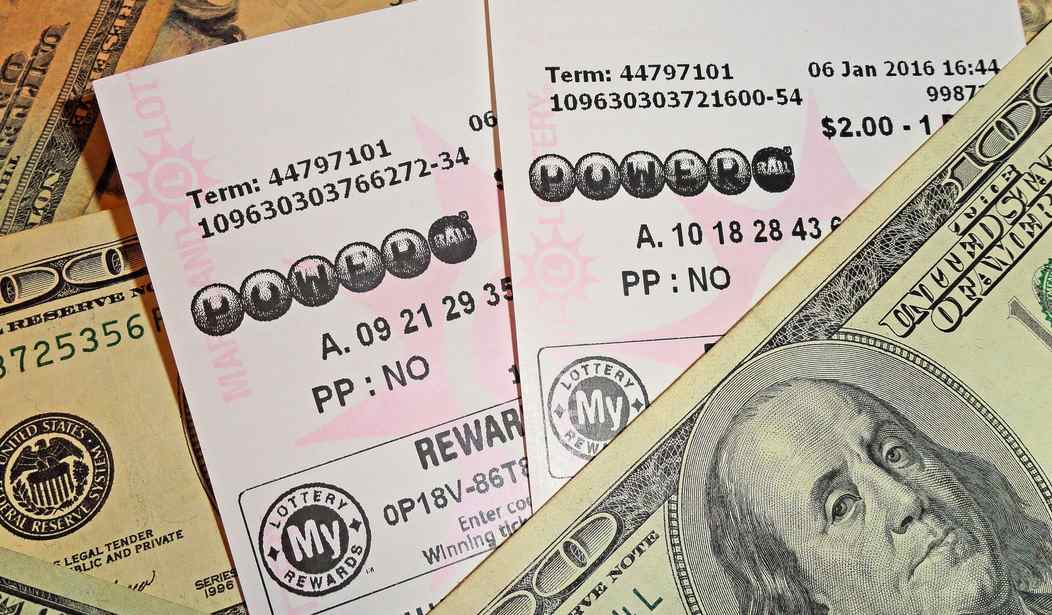I remember clearly the days of my youth when I caved to the temptation to gamble. I don’t recall exactly how old I was, but I was old enough in the faith (and in common sense) to know better.
It happened at the annual Labor Day festivities, a big deal in my small hometown. I loved watching the ball roll, a carnival game that featured a large, bingo-style playing board with holes cut into different colored squares. Fairgoers wagered on specific colors, and when the ball rolled into a square, the players who bet on the color of that square collected their winnings.
I wasn’t drawn to the game because of any secret desire to gamble. I just liked to watch others play and to guess where the ball would stop. In a small town with nothing better to do on hot summer days, I could watch for hours.
One day I lingered long enough that the booth attendant invited me to play. When I politely declined, he plopped a nickel down on the colored square in front of me and said if the ball hit that color, the winnings were mine.
He was just being friendly, but I’ll always think the devil made him do it because the ball rolled my way. The color blue, paying out at 2-to-1 odds, became my downfall.
With free money in hand, I kept playing. I won often enough to be fooled into thinking I could walk away a winner. My newfound taste for games of chance went beyond the ball roll, too. I pumped quarter after quarter into the coin pusher, an arcade game that lures the gullible with the false hope of winning more quarters.
The rest of my story is sad. By Labor Day, I had blown most of the earnings from my newspaper route. Greed had slowly corrupted me, and I never saw it coming.
Multiply that experience by 292 million and you will understand why the Powerball mania sweeping the nation is so spiritually dangerous. It is seducing millions of adults who are old enough to know better.
No one can deny that the love of money – a passion the apostle Paul described as “a root of all sorts of evil” – is at the core of a lottery promising a potential payout of up to $1.5 billion. People are playing for one simple reason: They want to be instantly rich, even if it comes at the expense of others.
The likelihood that a lust for lottery tickets will give birth to the sin of greed is the surest bet of all, and those odds increase in direct proportion to the size of the pot. Yet even people of faith are tempted to invest in the office Powerball pool.
Their rationalizations abound: It’s only $2 a ticket, so what’s the big deal just this once? I’m playing for the entertainment value; it’s no different than spending $20 for a night at the theater. Imagine all the good I’ll be able to do for God if I actually win!
But Petula Dvorak, a columnist for The Washington Post, put the lie to those kinds of excuses. After admitting to playing Powerball in a moment of weakness, she suggested that all lottery players eventually “plumb those dark places of pure greed and decadence” or dream of vindictively denying aid to disfavored relatives.
People end up in those dark places because temptation is most effective when its targets are oblivious to it, and dreams of great wealth have a way of blinding them to reality. The devil knows when his prey is weak, and that’s when he pounces.
The story of Cain in Genesis 4 is instructive in that sense. Cain didn’t wake up one day and decide to kill his brother, Abel; rather, he gave place to anger and the devil used it to tempt Cain into an unthinkable act. The temptation of Powerball is similar. The mere act of playing is giving place to greedy thoughts.
So think twice before you head to 7-Eleven today to buy a Powerball ticket, and remember God’s warning to Cain: “Sin is crouching at the door; and its desire is for you, but you must master it.”









Join the conversation as a VIP Member